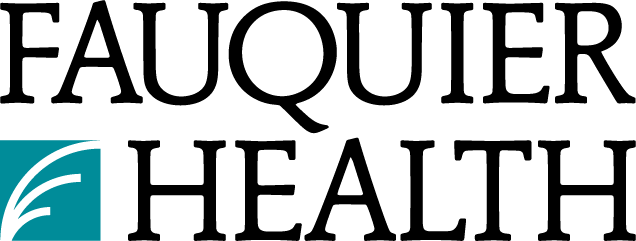Fauquier Hospital Implements New LEAF Technology
July 25, 2022

Patients with impaired mobility are especially susceptible to pressure injuries in a hospital setting. These injuries, also commonly referred to as bed sores, tend to develop when there is unrelieved pressure on the skin. This pressure in return creates a reduction in blood flow to the area.
Each year, it's estimated that 2.5 million patients in U.S. acute-care facilities suffer from pressure injuries, according to the Agency for Healthcare Research and Quality. What's more, patients who develop pressure injuries in the hospital are more likely to have longer stays and a higher risk readmission within 30 days of discharge.
To help improve patient safety and clinical outcomes, Fauquier Health, identified an opportunity to replicate the Smith+Nephew LEAF Patient Monitoring System*. The system is manufactured by Smith+Nephew. Implementation of this advanced technology will help ensure timely and accurate repositioning of our high-risk patients to the minute.
Hospitals using the LEAF Sensor technology have reported significant improvements in adherence to patient turning protocols and reductions in hospital-acquired pressure injuries by as much as 85 percent. The sensor is placed directly on the patient's chest. Its triaxial accelerometer then automatically measures the patient's position, orientation and activity and wirelessly transmits the data to monitoring stations for easy viewing by clinical staff. The system provides visual alerts to staff so patients can be repositioned according to their individually prescribed turning schedule and confirms when adequate pressure reduction is achieved with each turn. The sensor registers independent patient movement and automatically adjusts the schedule accordingly which saves valuable time for clinical staff.
Unique alerts can also be set to help prevent repositioning patients on an existing wound or an area of concern. In addition, the system provides various levels of reporting to help with root cause analysis and improve care delivery.
Dr. Christine Hart Kress, Chief Nursing Officer at Fauquier Health, commented, “Traditional everyday measures for preventing pressure injuries already included daily skin inspections, patient repositioning, padding, and using specialized mattresses to reduce/redistribute pressure. Over the last several years, we have implemented numerous protocols to intervene sooner in high-risk patients including associated labs that may indicate a need for supplement replacement, wound consults to ensure appropriate measures are in place, and dietician consults to ensure if supplements are needed, they are ordered. The LEAF Patient Monitoring System is a new technology we were excited to debut this month, in July 2022, to help us continue our progressive focus on enhanced patient safety and clinical outcomes.”
However, even with traditional measures in place, some patients still remain at-risk for pressure injuries. These include:
- Patients over the age 70 (due to aging skin, greater risk for hardening of the arteries and poor circulation)
- Patients with multiple medical diagnoses
- Patients with health conditions such as paralysis after stroke or other diseases that make mobility difficult and/or affect sensation (the ability to feel pressure)
- Patients with poor nutrition or malnourishment
- Patients with type 2 diabetes, who have damage to their blood vessels that makes blood flow slow and obstructed
*Trademark of Smith+Nephew
